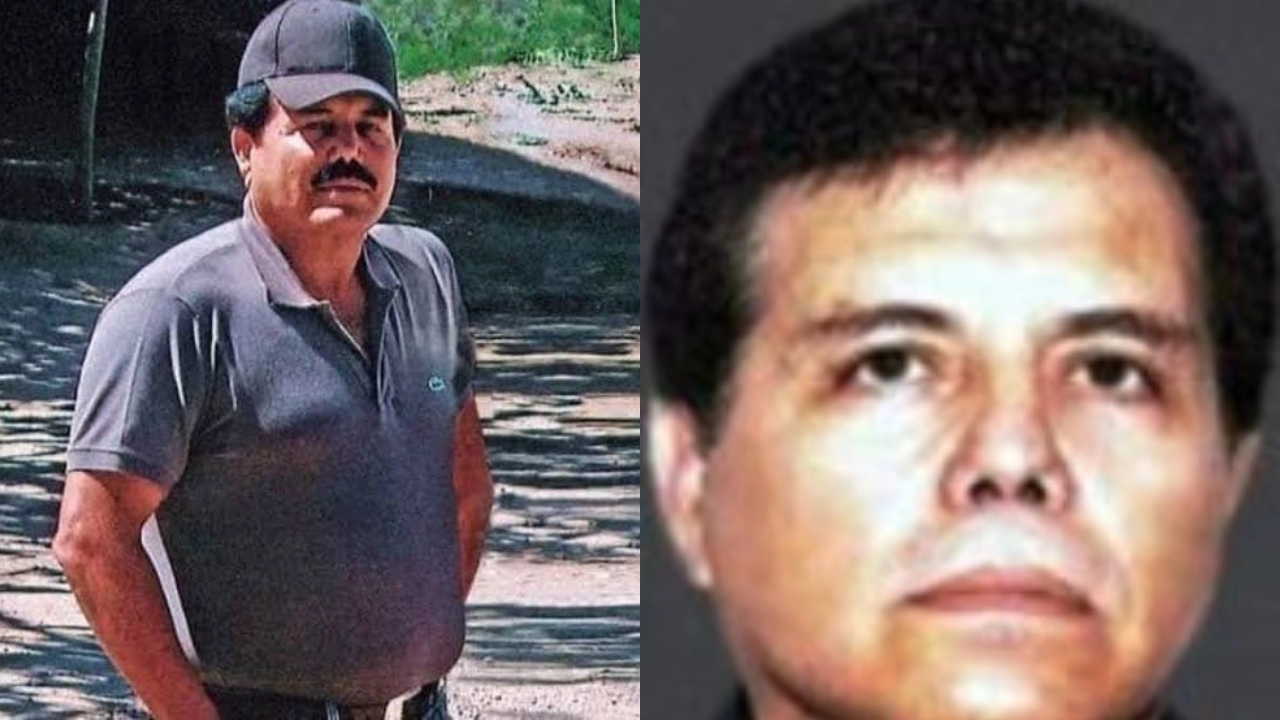Disclaimer: This article contains information about a criminal act and may be distressing for some readers. Please read at your own discretion.
In a major law enforcement breakthrough, American authorities have arrested two key figures from the Sinaloa Cartel, one of Mexico’s most powerful criminal organizations.
The Justice Department announced that Ismael Zambada García, also known as “El Mayo,” and Joaquín Guzmán López, the son of infamous drug lord El Chapo, are now in custody.
The Sinaloa Cartel is notorious for its extensive cocaine and fentanyl trafficking networks, which reach the United States, Europe, and beyond.
The arrests took place in El Paso, Texas, marking a significant victory for the FBI, the Drug Enforcement Administration (DEA), and Homeland Security Investigations, who have long pursued the cartel’s upper echelons.
Attorney General Merrick Garland emphasized the deadly impact of fentanyl, stating, “Fentanyl is the deadliest drug threat our country has ever faced.
The Justice Department will not rest until every cartel leader, member, and associate responsible for poisoning our communities is held accountable.”
El Mayo, aged 76, co-founded the Sinaloa Cartel and has been indicted in numerous federal cases over the past two decades.
He was reportedly lured to the United States under false pretenses, believing he was being flown to inspect real estate.
This operation was masterminded by Guzmán López, who has assumed a leadership role in the cartel following his father’s extradition to the U.S. in 2017.
Guzmán López is expected to appear in Federal District Court in Chicago soon. Meanwhile, it remains unclear where El Mayo will be prosecuted.
Notably, El Mayo has managed to avoid jail time throughout his long career, unlike his ally El Chapo, who is serving a life sentence in the U.S. for drug conspiracy charges.
The Sinaloa Cartel’s leadership has been marked by stark contrasts. While El Chapo gained global notoriety and a sort of celebrity status, El Mayo has maintained a lower profile, leading a more discreet life in Sinaloa.
This pragmatic approach has allowed him to evade capture for years, even as U.S. federal officials reportedly discussed his potential surrender.
The arrest of El Mayo, seen as the most politically connected member of the cartel, raises concerns among former Mexican officials from several past administrations.
The impact of these arrests on the cartel’s operations, particularly fentanyl smuggling, remains uncertain.
Falko Ernst, a senior analyst at the International Crisis Group, noted that the cartel’s decentralized structure makes it resilient to such disruptions.
According to the source, he warned that the power vacuum at the top could lead to increased violence as factions vie for control.
All four of El Chapo’s sons face charges in the United States, including the two still at large, Iván Archivaldo Guzmán Salazar and Jesús Alfredo Guzmán Salazar.
El Mayo’s arrest is another chapter in the complex and often bloody history of the Sinaloa Cartel, marked by betrayals, as seen during El Chapo’s trial when El Mayo’s own son testified against the cartel.
Read more news:
- Biden Campaign Mobilizes Across Georgia Ahead of Debate Clash
- Kristi Noem Denies Formal Vetting for Trump’s VP, Focuses on Winning Strategy
In a 2010 interview, El Mayo reflected on the cycle of violence and replacement among cartel leaders, stating, “Locked up, dead or extradited, their replacements are already out there.”
His recent capture might indeed signal a temporary shift, but the underlying dynamics of the drug trade and cartel operations remain complex and challenging to dismantle.

